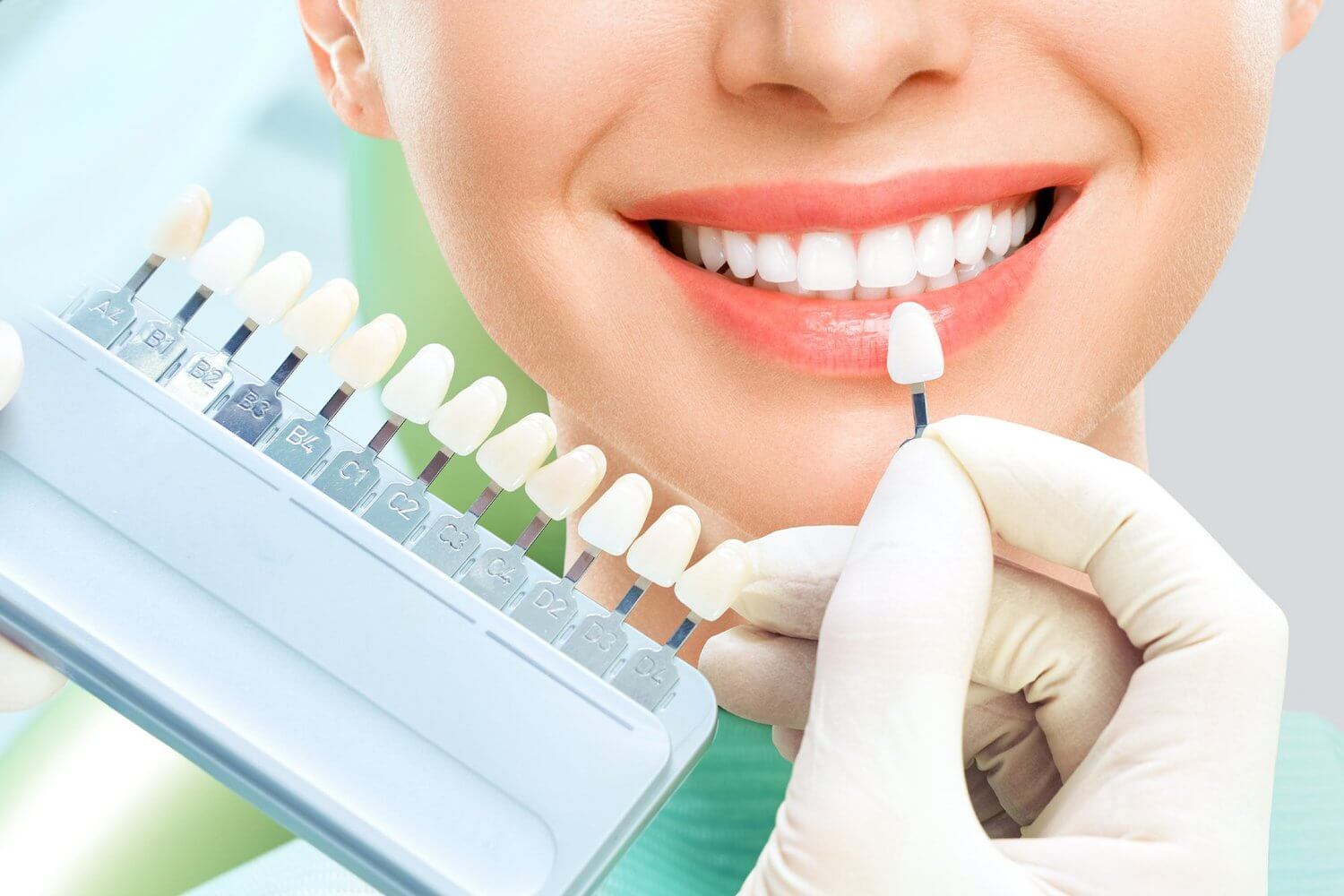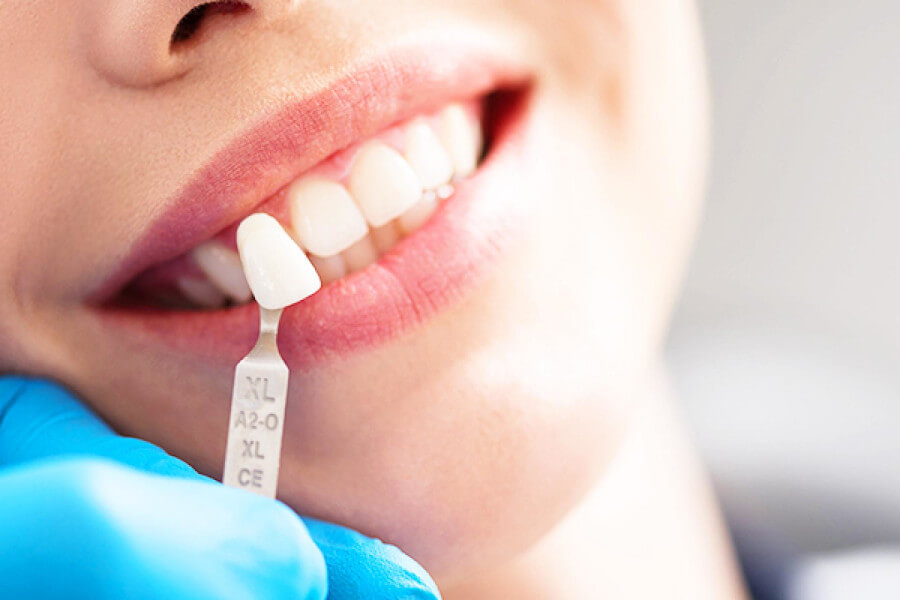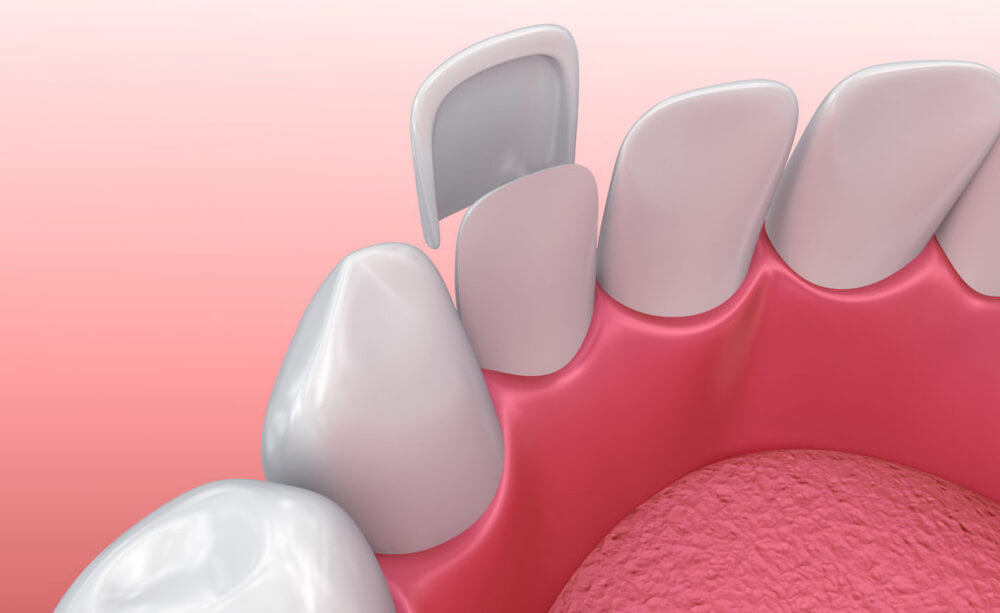Dental crown treatment is a significant procedure for both oral health and aesthetic appearance. It helps restore the natural look and function of decayed, broken, or missing teeth. With dental crowns, patients can regain essential daily functions such as chewing, speaking, and smiling with ease. Crowns made with modern technologies and high-quality materials offer long-lasting, aesthetic, and healthy solutions.
What Is a Dental Crown?
A dental crown is a treatment applied to restore the function and appearance of a tooth that has been damaged due to decay, fracture, or loss. This method enhances oral aesthetics and brings back the lost functionality of the tooth. Dental crowns allow individuals to regain a natural, healthy, and symmetrical oral structure.
How Is a Dental Crown Applied?
Before the dental crown procedure, necessary treatments are performed on the tooth. Any decay is cleaned, existing fillings are removed, and the tooth surface is filed down to prepare it for the crown. Measurements of the tooth, surrounding teeth, and jaw are taken to determine the appropriate type of crown. A temporary crown is placed to ensure patient comfort during the waiting period. The custom-made permanent crown is typically ready within 7 to 15 days and is then fixed onto the prepared tooth. The procedure is performed under local anesthesia and is pain-free.
Types of Dental Crowns
| Type of Crown | Description |
|---|---|
| Porcelain-Fused-to-Metal (PFM) | Metal base with a porcelain exterior. Commonly used for back teeth; cost-effective. |
| Zirconia | Metal-free, white-colored and durable. Offers high aesthetics and longevity. |
| Composite | Used to close gaps or cover cracks in teeth. Provides a natural appearance. |
The choice of crown type is determined jointly by the dentist and the patient, taking into account the patient’s dental structure, aesthetic expectations, and financial considerations.
Dental Crown Prices
The cost of dental crowns depends on various factors such as the type of crown used, the number of crowns needed, the dentist’s experience, and any additional treatments applied to the tooth. If you are looking to achieve a healthy and aesthetic smile, you can visit our clinic for an examination to find out whether you are a suitable candidate for dental crown treatment and to receive detailed pricing information.

Post-Treatment Care for Dental Crowns
- Teeth should be brushed at least twice a day, and dental floss should be used regularly.
- Avoid biting on hard objects and consuming extremely hot or cold foods.
- Dental check-ups should not be neglected and must be scheduled every six months.
- The crown surface should not come into contact with acidic beverages.
Before and After Dental Crowns
| Condition | Before | After |
|---|---|---|
| Tooth Function | Chewing and biting difficulties | Fully functional tooth structure |
| Aesthetic Appearance | Broken, missing, discolored tooth | Natural and symmetrical smile |
| Oral Hygiene | Food accumulation, bad breath | Easy cleaning, healthy mouth |
Frequently Asked Questions (FAQ)
Is a Dental Crown Permanent?
When proper oral hygiene is maintained, a dental crown can last between 15 to 20 years. Once this period ends, the crown can be renewed to preserve the health and aesthetic appearance of the teeth.
Can a Crowned Tooth Decay?
If cared for properly, a crowned tooth will not decay. One of the main reasons for decay under a crown is poor-quality application. Crowns made by experienced and skilled dentists do not loosen, decay, or wear down over time. To avoid decay under a crown, it is essential to choose an experienced dentist and maintain good oral hygiene after treatment.

What Are the Advantages of Dental Crowns?
Dental crowns offer several benefits to patients:
- They fully restore biting and chewing functions.
- They improve the aesthetic integrity of the mouth, resulting in a natural-looking smile.
- Crown materials do not cause allergic reactions.
- Crowns do not stain or wear down and are suitable for long-term use.
- They boost the patient’s self-confidence.
Negative conditions such as bad breath, broken or decayed teeth are eliminated, leaving behind bright, natural-looking teeth.
Is Dental Crown Treatment Painful?
Dental crown treatment is performed under local anesthesia. The patient does not feel pain during the procedure. After the treatment, the crowned tooth can be used immediately, and there is usually no need for painkillers.
Do Crowns Get Discolored Over Time?
Crown discoloration may occur due to lifestyle habits (such as smoking, or consuming tea or coffee), genetic factors, poor oral hygiene, or the quality of the crown material. If high-quality materials are used and oral hygiene is properly maintained, discoloration does not occur.
Can a Crown Be Applied Without Cutting the Tooth?
In general, the existing tooth must be reshaped before placing a crown. However, depending on the tooth structure and certain types of dental deformities (such as when only the front surface needs treatment), a crown may be applied without cutting the tooth. Whether reshaping is necessary will be determined during the dental examination.
![dr.leyla-arvas-800×1000.jpg[1] dr.leyla arvas](https://www.quartz.com.tr/wp-content/uploads/2024/11/dr.leyla-arvas-800x1000.jpg1_.webp)
Author : Op. Dr Leyla ARVAS
Dr Leyla Arvas is an internationally recognised specialist in aesthetic surgery based in Istanbul. Graduated in 1998 from Istanbul University Faculty of Medicine, she has developed her expertise by studying in Taiwan, Japan and Spain during her 20 years of experience.
This article April 13, 2025 was updated on
Editor: admin@quartz.com.tr



